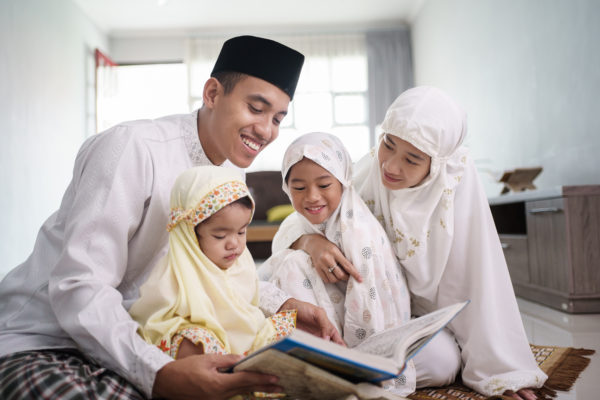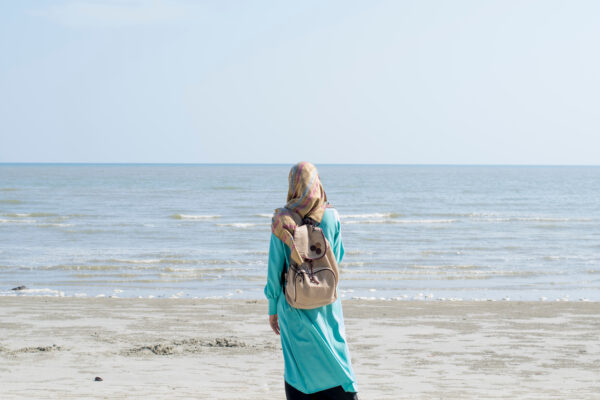If today in the year 2015 we still have children being abused and neglected then we have severely failed our generation. To think that at this precise moment, somewhere in the world, a child is suffering from misconduct towards them be it sexual, emotional, physical or psychological, shows our lack of understanding of basic human rights. We all have campaigned in our lives, tried to highlight all the injustice around us, tried to campaign for freedom of speech yet we forgot the most important of them all, children’s right.
We forget that these children suffering from abuse are those who need a voice, they are those who require our care and attention and whom we should protect. We need to be the voice of those who are voiceless, we need to take action. Lately, we have seen many campaigns where ‘human right’ was the main focus of the campaign. However, here is the question I pose to you all today, isn’t the innocence of children more valuable to protect? Isn’t it more in compliance with the meaning of ‘basic human rights’? Shouldn’t we stop their suffering?
Here are a few statistics to help put things into perspective:
- 1/20 children are sexually abused
- 1/3 will never tell anyone
- 90% of those children were abused by someone they knew
- In a year review of stats, NSPCC reported that 18600 called the helpline to discuss sexual abuse
Children suffer from abuse regardless of their wealth or background. Typically we would assume that only children from lower socio-economic backgrounds are victims of abuse. This is all a myth. Unfortunately, we see abuse from all backgrounds and all faiths, and in the Muslim community. We often understand the phrase ‘child abuse’ falling under one category i.e. sexual abuse. Yet is it important to note that ‘child abuse’ is not just confined to sexual abuse. These are the 4 major categories of child abuse:
- Neglect
- Physical abuse
- Emotional abuse
- Sexual abuse
Children may suffer from these forms of abuse in a number of settings; for example at school, with parents at home or even on the internet at the hands of strangers. Research carried out in 2013 by Godbout et al in Canada shows us that the effects of abuse are long lasting. In addition, if they are not being supported when confessing that they were abused, only a small minority go on to develop stable relationships in the future. Here are the four forms of abuse explained in more depth:
- Emotional abuse: constant verbal threats, criticism, ridicule, intentional lack of love and affection. It also includes repeatedly telling the child they are worthless, unloved or stupid. Sadly, it involves not giving the child the opportunity to express their views or making fun of them when they try to.
- Physical abuse: deliberately causing physical harm to the child, it could also include giving the child drugs or alcohol and then beating them further
- Sexual abuse: any act forcing a child to do anything. The problem with this type of abuse, is that the child doesn’t know what is happening, the child’s innocence clouds the actual situation and it makes it a lot harder to identify by authorities and other responsible adults
- Neglect: persistent failure to meet the basic needs of a child in an intentional way and this will most likely leads to developmental issues as well as health related problems.
Now with all these types of abuse, worst of all when they are happening at home, if a child cannot feel safe at home, the place where they should feel the most loved, protected and cherished, what kind of future is being given to those children? How will they be expected to form any type of relationship with anyone, or give their trust?
As we all know, children are a form of blessing bestowed upon us by Allah (swt), to abuse this right and to abuse this blessing goes to show the thanklessness of those doing this injustice. Imam Zain Al-Abedeen (as) offers us a beautiful letter in which he explains the rights of individuals. In Risalet Al-Huqooq, in the section regarding the rights of children the Imam says: ‘You are responsible for what has been entrusted to you’. The key word in this saying is the word ‘entrusted’, the Imam explains that Allah (swt) has given us children to be trusted with, that parents should keep them from harm and preserve their innocence till the age is right.
The number of organisations which help children should increase, we need to provide children with more places to go and to express their concerns. Alhamdulilah, there are many organisations and charities to support our children. However, we need more Muslim organisations which provide children with a safe platform to express their concerns. We have platforms such as MYH but we need more.
We need to support events like the ones organised by Project Zainab who are successfully trying to raise awareness to the unspoken problems in our community so that those suffering, no longer need to do it in silence.
If you or someone you know may have experienced abuse of any kind, please contact the Muslim Youth Helpline today.





